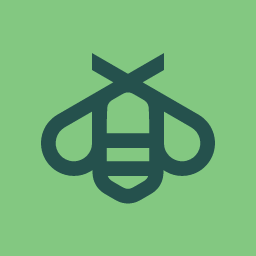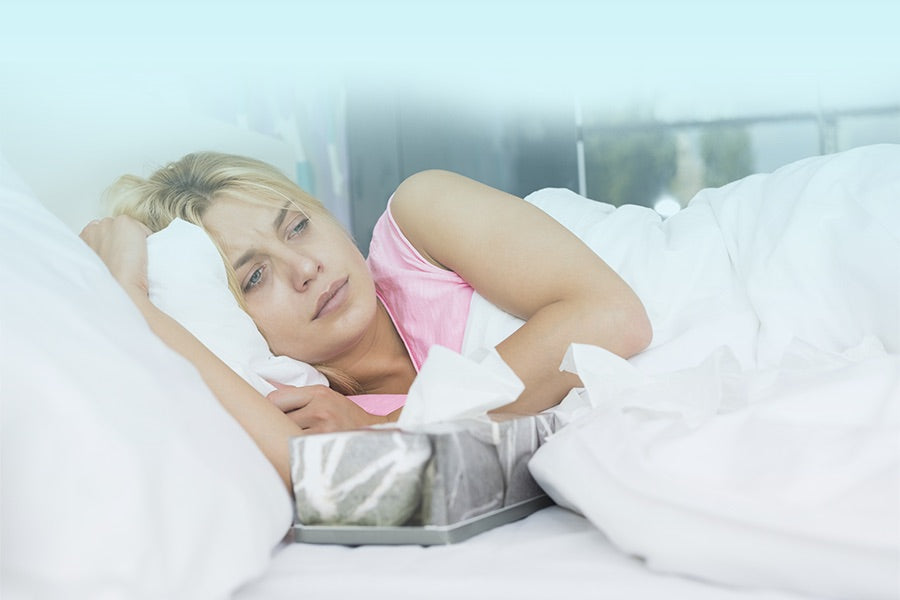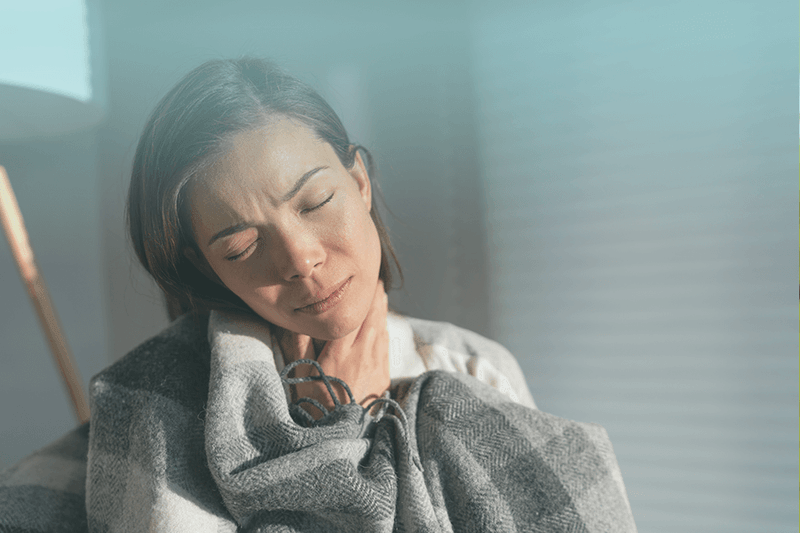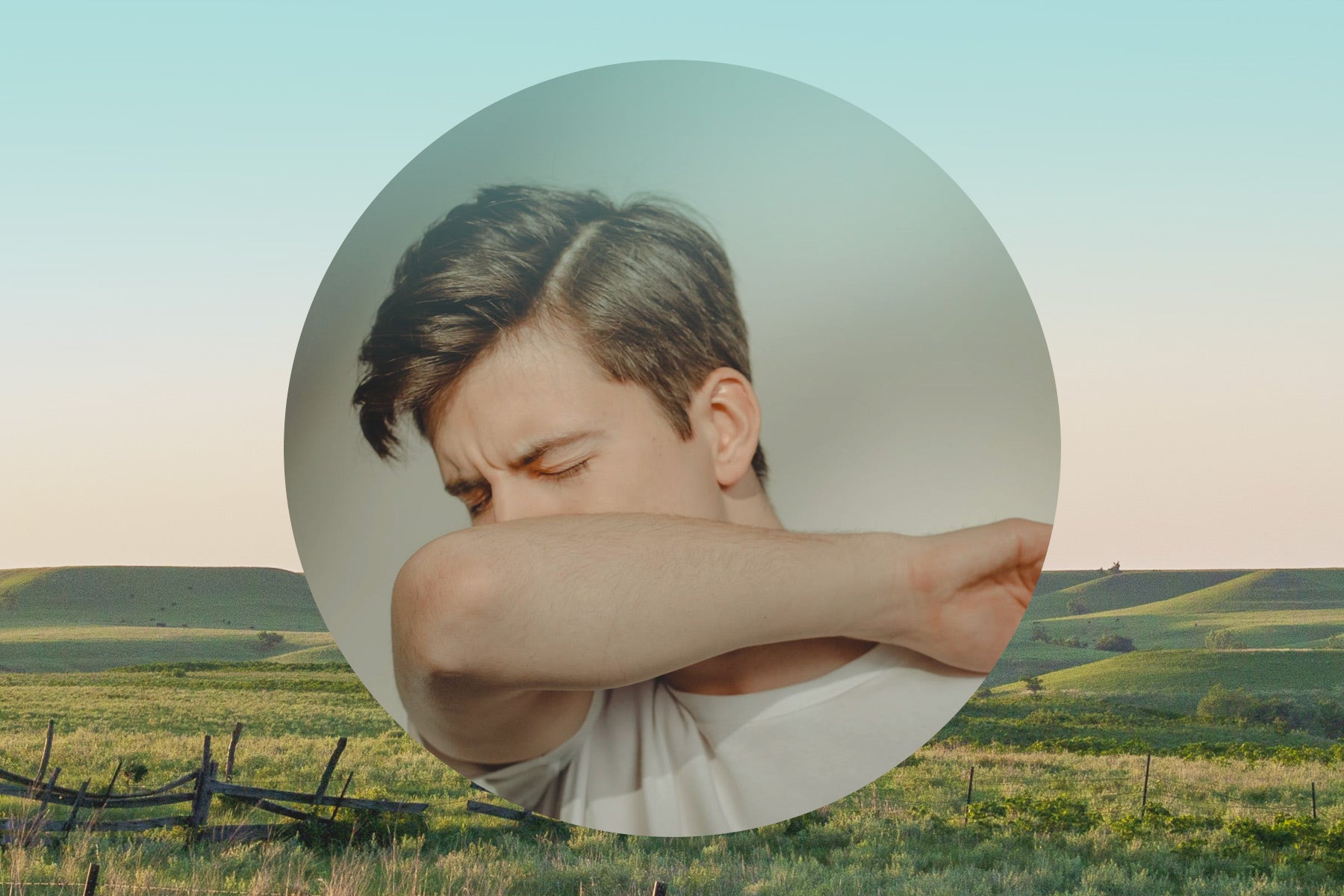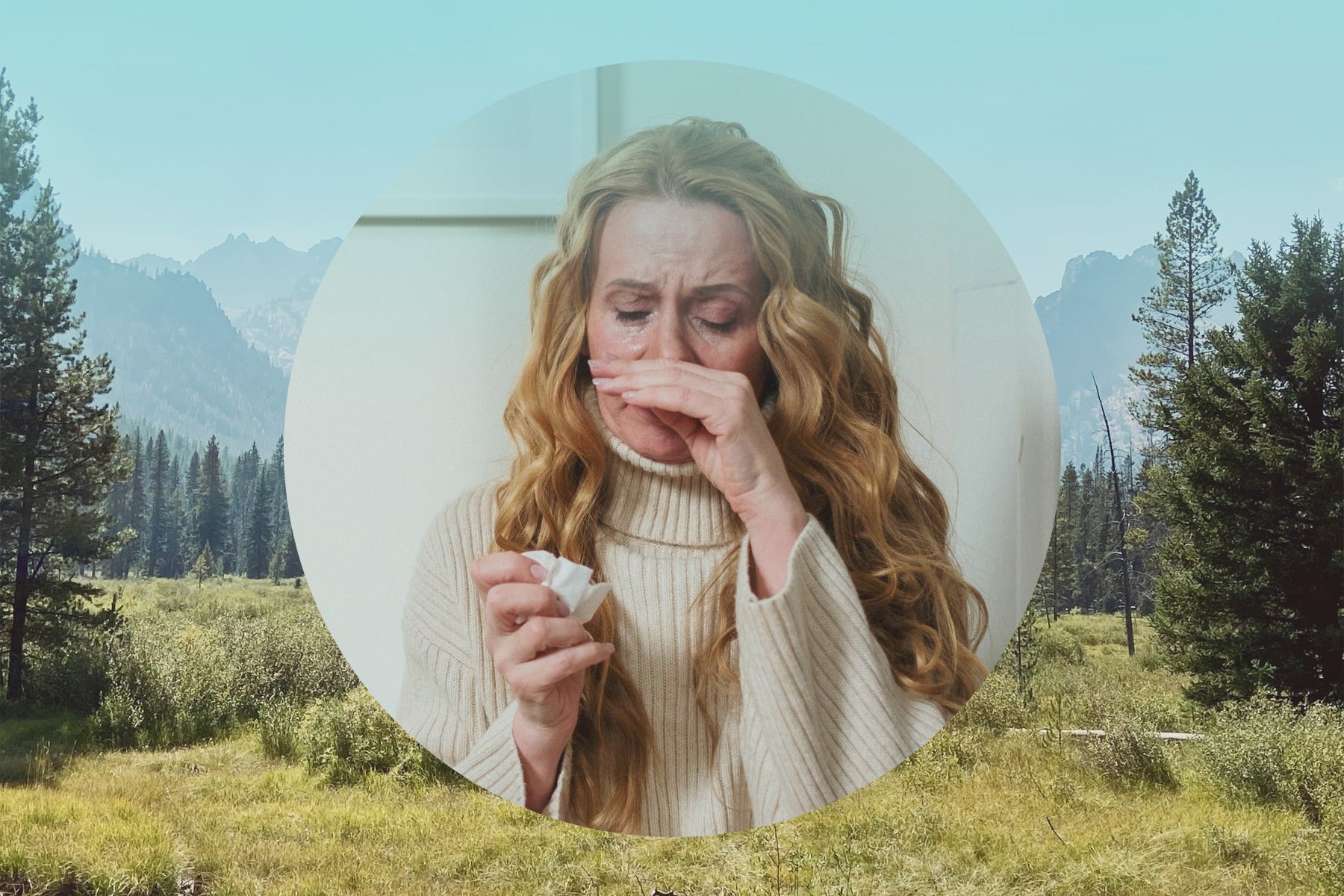Breathe Freely
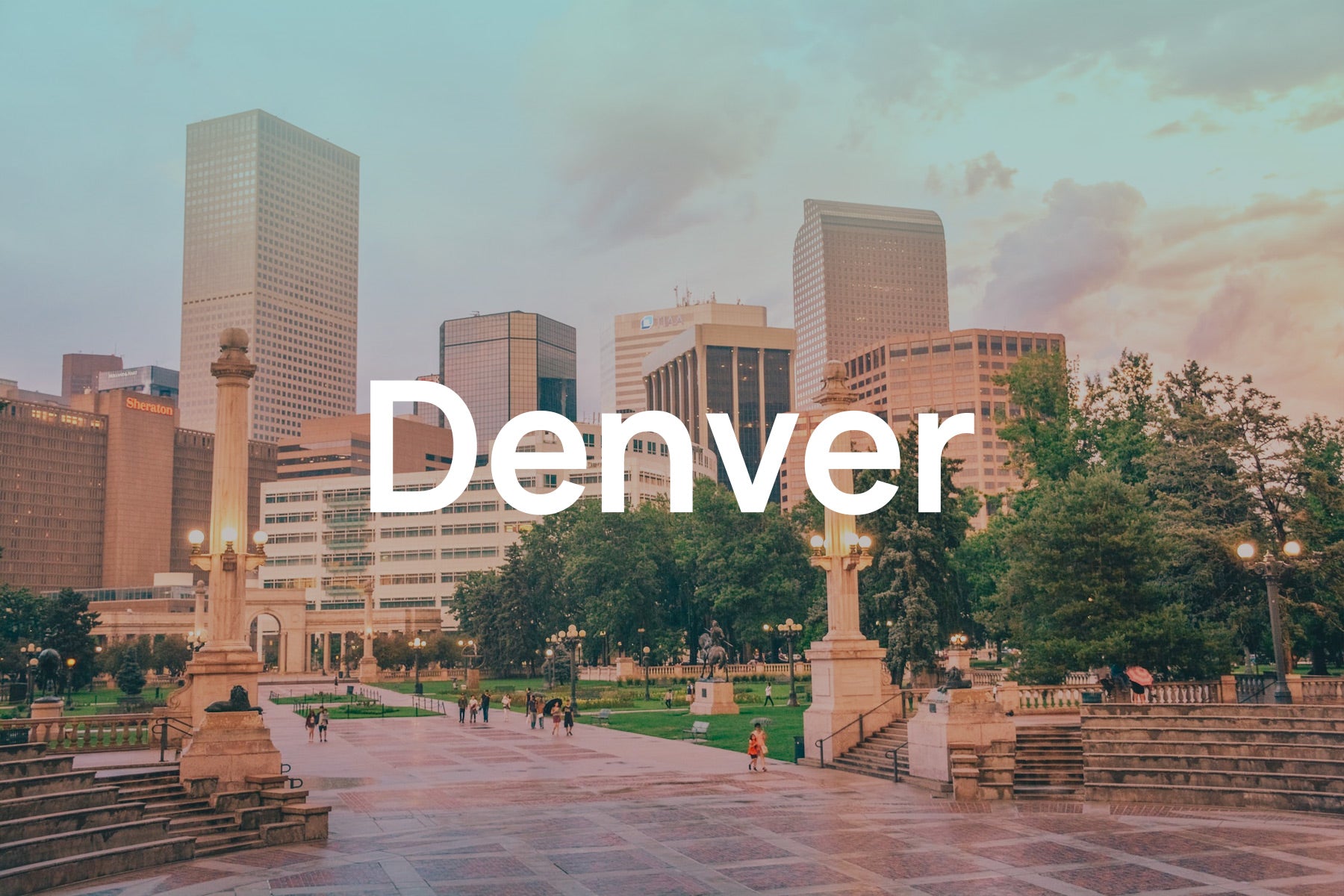
An Easy Guide to Pollen Allergies in Denver
Known for its engaging outdoor venues and eclectic culture, The Mile High City is also no stranger to seasonal pollen allergies. When pollen strikes in the Rocky Mountain metropolis of Denver, Colorado, make sure you’re ready to roll!
How Bad Are Pollen Allergies in Denver?
Located next to a mountain range, the city of Denver, Colorado, provides picturesque views, exciting boutique shops and eateries, and all kinds of natural wonders like Denver Botanic Gardens. Unfortunately, enjoying all of these one-of-a-kind attractions may come at a price for seasonal allergy sufferers.
According to most experts, Denver is currently undergoing a worse allergy season than previous seasons. However, this is not a trend unique to Denver. As researchers have found, regions across the country may experience allergy seasons that begin 20 days earlier, last 10 days longer, and present over 20% more pollen than in previous decades.
Denver is no different. Shifting climate factors, industrial practices, and other exposure risks for our immune systems are quite literally changing the landscape.
If you’re concerned about pollen allergies in Denver, Colorado, consider how it compares to other cities and metro areas across the country.

How Pollen Allergies in Denver Compare
The Asthma and Allergy Foundation of America (AAFA) is one of the leading authorities when it comes to seasonal pollen allergies in major areas across the U.S. Based on extensive comparative research and granular data, the AAFA has assigned Denver a 2023 ranking of #68 in the country for allergy sufferers.
So Is Denver a Good or Bad City For Allergy Sufferers?
Firstly, the AAFA ranking is based largely on tree, grass, and weed pollen levels, excluding perennial allergies such as mold, dust, and dander. Secondly, the ranking also factors in the degree to which Denver provides ample medical care. Thirdly, the ranking includes the extent of allergy medication use. If a city has a low rate of allergy medication use, it may be presumed that allergies are less of an issue.
With an overall rating of “Average,” Denver’s subtotals are as follows: “Average” in Pollen Total, “Average” in Medication Use, and “Better Than Average” in Availability of Specialists.
Tree, Grass, or Weed - Understanding The Worst Pollen Allergies in Denver
Using the AAFA data once again, we find that Denver actually has some marked differences between its levels of seasonal pollen allergens. For instance, Denver appears to be the most problematic for tree pollen sufferers, coming in at #34 among the top worst 100 cities in the country.
But that doesn’t mean weed and grass allergies are slouching! Denver’s weed pollen ranking puts it at #69, while its ranking on grass pollen puts it at the 80th worst city in the country.
A Deeper Dive into Denver’s Allergy Rankings
However, we still can’t jump to conclusions. At least without taking an even closer look. For starters, let’s consider how the AAFA determines its “Allergy Capital'' list in the first place. The methodology factors in only the 100 most-populated Metropolitan Statistical Areas (MSAs). Moreover, these are areas located within the contiguous 48 states, so that excludes Alaska and Hawaii.
Finally, we should mention that the Medication Use and Specialists categories only factor in over-the-counter medication and board-certified allergists and immunologists.
While these details may not swing the rankings by any significant measure, they are worth noting for specificity’s sake.
Main Sources of Pollen Allergies in Denver
Now that you have an idea of the rankings and ratings for seasonal pollen allergies in Denver, you’re probably wondering what, exactly, is causing all those nasty symptoms. Is it mostly pollinating trees? Pesky shrubs, bushes, and plants around your yard? How about other vegetation, releasing its pollen grains from miles away?
As previously mentioned, Denver ranks worse for tree pollen allergies than it does for weed and grass pollen. However, take that with a grain of salt. Depending on your sensitivities, varying weather patterns, location, and other shifting climate trends, you should never take anything for granted. As always, consult your healthcare provider for a personalized treatment protocol that works for you.
The Species That Trigger Your Symptoms
According to the CDC, nearly 33% of adults and over 25% of children suffered from some form of allergies in the U.S. in 2021. That’s a lot of people, and a lot of those allergic reactions and symptoms undoubtedly stem from seasonal pollen allergies.
<style>
.my-class {
overflow: auto;
width: 100%;
}
.my-class table {
border: 1px solid #DEDEDF;
height: 100%;
width: 100%;
table-layout: fixed;
border-collapse: collapse;
border-spacing: 1px;
text-align: left;
}
.my-class caption {
caption-side: top;
text-align: left;
}
.my-class th {
border: 1px solid #DEDEDF;
background-color: #ECEFF1;
color: #000000;
padding: 5px;
}
.my-class td {
border: 1px solid #DEDEDF;
background-color: #FFFFFF;
color: #000000;
padding: 5px;
vertical-align: top;
}
</style>
<div class="my-class" role="region" tabindex="0">
<table>
<thead>
<tr>
<th><b>Tree Allergens</b></th>
<th><b>Grass Allergens</b></th>
<th><b>Weed Allergens</b></th>
</tr>
</thead>
<tbody>
<tr>
<td><ul><li>Ash</li><li>Water Birch</li><li>Hazelnut</li><li>Western Cottonwood</li><li>Lombardy Poplar</li><li>Willow</li><li>Box Elder</li><li>Maple</li><li>Siberian Elm</li><li>Rocky Mountain Juniper</li><li>Ponderosa Pine</li><li>Gambel Oak</li><li>Russian Olive</li><li>Tamarisk</li></ul>
</td>
<td><ul><li>Bermuda</li><li>Salt</li><li>Reed Canarygrass</li><li>Orchard</li><li>Western Wheatgrass</li></ul>
</td>
<td><ul><li>Yellow Dock</li><li>Red Sorrel</li><li>Burweed Marsh Elder</li><li>Poverty Weed<li>Rough Pigweed</li><li>Giant Ragweed</li><li>Short Ragweed</li><li>Western Ragweed</li><li>Pasture Sagebrush</li><li>Prairie Sagebrush</li><li>Cocklebur</li><li>Kochia</li><li>Lamb's Quarter</li><li>English Plantain</li><li>Russian Thistle</li><li>Wingscale</li></ul>
</td>
</tr>
<tbody>
</table>
Note: All data is obtained from the USDA Plants Database. These allergenic species can affect everyone differently. As always, consult a medical professional for a proper diagnosis and treatment.
As you can tell, many species of trees, grasses, and weeds may impact your pollen allergies in Denver. While you can always speculate or try to pinpoint the source of your allergies based on factors such as proximity, severity, and duration, these methods are not always effective. In many cases, it may be easiest to use an at-home allergy test to determine the precise allergen triggering your reactions.
Denver Pollen Allergies By Season and Month
One thing you can do to get a better idea of your allergies is to keep an eye on the calendar. Every allergy sufferer is different. Some people experience the worst symptoms during the early fall while others struggle immensely during the summer. Some immune systems overreact to elm and pine pollen, while others are unbothered. In certain cases, people have persistent, low-grade symptoms that never seem to completely fade while others rarely have allergies, but when they do, they’re bad.
It all depends. All people vary, and as exposure risks subtly - and sometimes dramatically - change, you can never be too careful!
Let’s explore some of the seasonal fluctuations you can expect as pollen allergies in Denver change.
Winter Allergies in Denver
December, January, and February - when those mountain temperatures plummet, the arctic blasts come barreling through, and tourists soak up those thick, white alpine offerings. While winter can be an amazing time for lovers of the outdoors, it can also bring a whole host of new issues.
Most people don’t commonly think of winter as being a pollen allergy season. And while it’s typically not, you should never forget year-round or perennial allergies. These include dust mites, cockroaches, mold, and pet dander. Because we’re often huddled indoors with the heat turned up, it’s easy to inadvertently circulate these allergens.
The result? Itchy throats and skin, watery eyes, sneezing, coughing, and all kinds of fun irritation.
Be sure to clean regularly during the winter, and ensure your heaters and filters are all in tip-top shape. And don’t forget: numerous tree species start releasing their pollen in February.
Denver’s Springtime Pollen Allergies
Spring is in the air! But with it, pollen too. In fact, March, April, and May in Denver historically have the highest pollen counts in pollen grains per cubic meter (PPM).
So don’t be caught off guard! Some trees have already been pollinating for a month or more at this point, especially Oak trees which pollinate through May. Also be on the lookout for Kentucky Bluegrass, which starts releasing nose-stuffing, throat-scratching particles from spring to fall. That said, the main culprit of seasonal allergies in spring is usually trees. Fortunately, by the end of May, this season of sneezing should peter out.
Summer Season in Denver
Good ol’ summer, when the kids are off school, the temps soar into the 90s, and the great outdoors welcome you with warm arms. But don’t let weekends out and about, at the pool or exploring the area, catch you by surprise.
Grass allergies typically last through August or even September, exacerbating symptoms like itchy eyes, coughing, congestion, and sneezing. If you’re someone who likes to do yard work, pay special attention to any symptoms. All that yucky feeling could be coming from what you’re mowing! If working out also feels labored during the summer, you might be experiencing allergies. Consult a Denver allergist about recurring, chronic, or severe issues.
Autumn Pollen in Denver
As summer temperatures cool and the foliage starts to transform, the weeds make their presence known. If you’re prone to weed pollen allergies, or simply want to avoid potential issues, keep an eye on pollen counts for sagebrush, ragweed, and pigweed especially. Raking all those fallen leaves can also pose health concerns, as mold often accumulates in such spots. Given that fall in Denver also contributes to viral infections, you should be particularly careful about protecting your immune system. As always, speak with your personal physician or an immunologist to best safeguard your health and well-being!
Common Symptoms of Pollen Allergies in Denver
All of this talk of allergies may have you a little confused. After all, many symptoms can overlap. Sometimes, you might have a cold. Other times, you may have contracted a flu virus. Are you just feeling ‘under the weather’ or has the weather - filled with pollen - triggered your symptoms?
Even if you do manage to narrow down your issues to allergies, what kind of allergies? Are they environmental allergies to pollen? Do you have a food allergy? Could it be year-round allergens like dog danger or mold spores causing the problem? Is it COVID-19?
What if it’s a combination of all of the above?
From potentially debilitating allergy fatigue to minor sniffles, your seasonal reactions can vary significantly.
Not sure if you’re experiencing allergies or battling a cold virus? Here are some things to keep in mind as you endure certain notable symptoms:
- Colds Usually End After Two Weeks - While colds will naturally resolve after about 14 days, allergies can persist for as long as you are exposed to that particular allergen or allergens. This can be anywhere from days to even months.
- Colds Usually Don’t Cause Itching - That is to say, cold viruses typically don’t make you itch in your nose or eyes. If you experience these symptoms for an extended duration, it’s probably not due to a cold.
- Colds Are Most Prevalent in Wintertime - Winter in Denver can get quite chilly, and with it, viruses love to transmit from person to person in confined spaces. Although you can catch a cold at any time, you are most vulnerable during December, January, and February. Allergies, meanwhile, typically coincide with your seasonal or perennial sensitivities.
- Colds Are Contagious - This one is pretty common sense, but worth repeating. It’s one of the easiest ways to tell if you have a cold or possible allergies. If you’re consistently around the same people coughing, sneezing, and spreading germs, and they don’t develop similar symptoms as well, there’s a good chance you don’t have a cold (unless they have super immune systems!).
As for other symptoms, colds and allergies can overlap. Both allergies and cold viruses may cause phlegm (with cough), runny nose, stuffy nose, itchy nose, and sneezing. While irritation of the eyes happens with allergies, it is quite rare with colds.
As always, it’s best to consult a medical professional rather than try to self-diagnose. Your healthcare provider can guide you through a treatment plan that works. With the right approach - and a little luck - you can nip your allergies in the bud, or at the very least, reduce more serious symptoms.
Symptom Relief for Pollen Allergies in Denver
The main thing to remember through all of this is that you can never be too safe. Because everybody is different, with symptoms covering a spectrum of severity and duration, you should focus on what works for you.
Some people find success with over-the-counter antihistamines and decongestants, medicines that either block certain allergic reactions or relieve inflammation. Other people swear by water treatments, such as using saline solutions, neti pots, humidifiers, teapots, and other ‘nasal irrigation’ devices. Other people have found significant success with leading immunotherapy.
Whether you use popular drugstore medicines or DIY remedies, you should always first consider the role of preventative measures. Avoid high-pollen-count days, routinely wash your bedding and clothes, take frequent showers, clean your pets, and generally keep your home, car, and other frequented spaces clean and disinfected.
If your symptoms persist, you may want to consider sublingual allergy drops.
A New Approach to Denver Allergies
Born in the city of Denver, Quello understands deeply what it feels like to struggle with allergies, time and time again. That’s why our specialists try to make it as easy as humanly possible. Our antigen-specific allergy drops are tailored to your precise immune system needs. We analyze your blood, create a personalized formulation, and ship the allergy drops right to your doorstep.
Getting started is simple. All you need to do is first order a FREE in-home allergy test. After you provide the sample and mail it to our lab, the process begins!
Are You Ready?
Note: Sublingual immunotherapy is not a proven medical treatment and may not work for everyone. Speak with your doctor to find the solutions that best meet your needs.

FAQ
Are Pollen Allergies in Denver Bad?
The severity and duration of your allergies depend on your unique immune system susceptibilities, as well as numerous environmental and climate factors. Consult a medical professional about any concerning allergies, especially those with recurring and severe symptoms.
Why Are My Allergies Worse In Some Seasons?
Seasonal allergies may vary based on the type and concentration of pollen in your area. Overall, Denver ranks worse for tree pollen than weed and grass pollen. However, vulnerabilities and exposure risks can vary dramatically. Consider taking an allergy test to determine the allergens most affecting you. From there, allergy drops may help.
Do Allergy Drops Actually Work?
Allergy drops have shown efficacy for some patients. While sublingual immunotherapy does not deliver meaningful results for everyone, it is certainly something to consider. Reach out to one of our specialists today!
Overcome your allergies at home with our doctor-led therapy.
Get started with our free allergy test kitGet Started with no test needed.
Overcome your allergies at home with our doctor-led therapy.
Get started with our free allergy test kitGet Started with no test needed.
